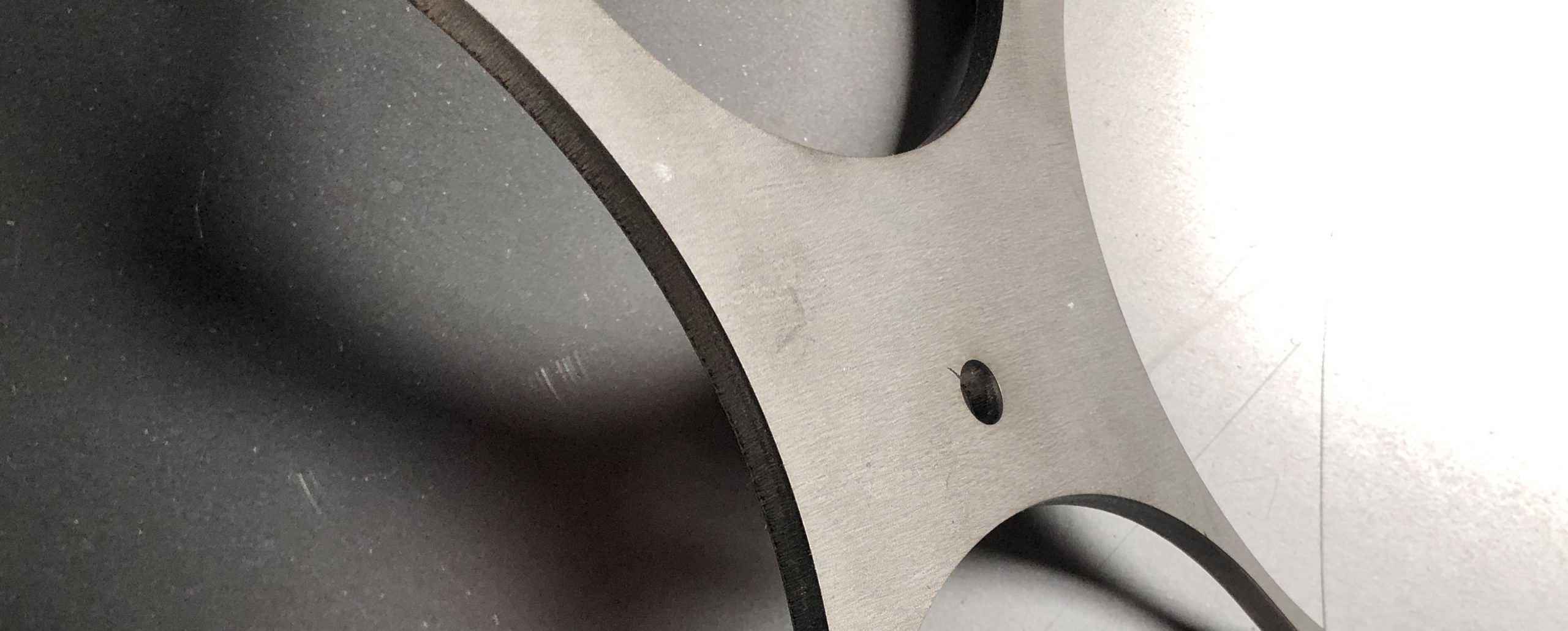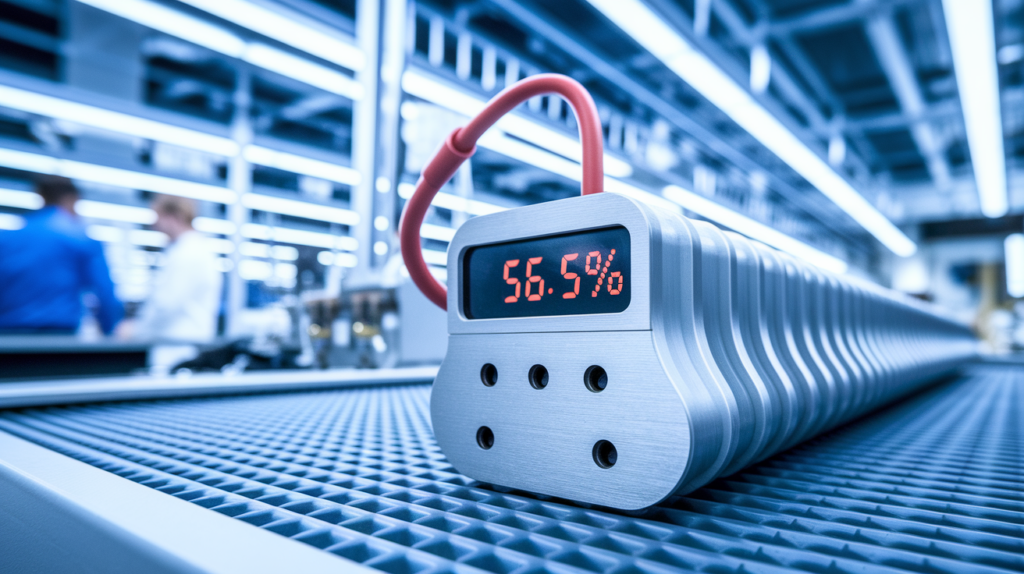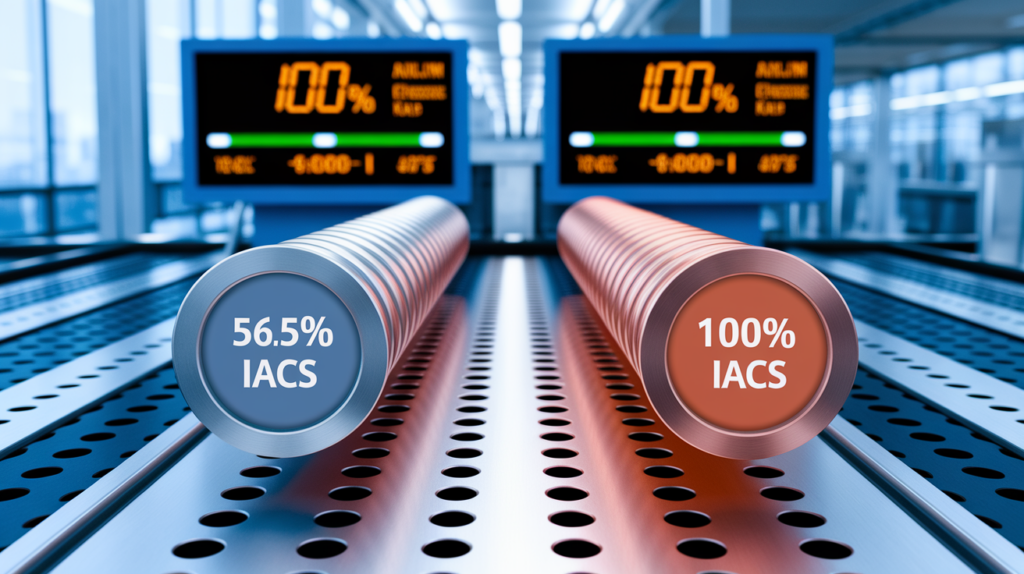Electrical Conductivity of Aluminum Busbars: Aluminium Busbar with 56.5% IACS Conductivity
Welcome to AP Precision Metals, which specializes in providing top-quality aluminum busbars for various applications. In this comprehensive guide, delve into the electrical conductivity of aluminum busbars, focusing on their aluminum busbar with an impressive 56.5% IACS conductivity. Learn why aluminum is preferred in busbars, offering exceptional conductivity, lightweight properties, and cost-effectiveness, ensuring optimal performance in electrical systems.
Aluminum Flat BusBar Supplier: Electrical Conductivity and Benefits
AP Precision Metals is a leading aluminum flat busbar supplier, offering products known for their excellent electrical conductivity. When considering aluminum’s conductivity, it’s crucial to note that the aluminum busbars achieve a strong conductivity. The aluminum bus bar is a popular choice for applications requiring good thermal conductivity and high electrical conductivity. Due to aluminum’s unique properties as a conductive metal, the benefits of utilizing aluminum bus bars are numerous.
Electrical conductivity in busbars refers to the material’s ability to efficiently conduct electric current. The aluminum busbars supplied by AP Precision Metals possess 56.5% IACS conductivity, making them an exceptional choice for high- and low-current requirements. Aluminum flat bus bars are lightweight and have good thermal conductivity, enabling them to dissipate heat effectively. This characteristic is particularly invaluable in preventing overheating in electrical systems and enhancing overall performance and durability.
In terms of installation, aluminum busbars are easier to handle than other conductive metals, owing to their lightweight nature. This results in lower labor costs and quicker installation times. Additionally, aluminum busbar costs are often more competitive than copper without compromising the electrical conductivity required for most applications. The affordability and strong conductivity make aluminum bus bars a preferred option for many industries.
Moreover, their aluminum busbars have been engineered to meet stringent industry standards, ensuring reliable performance in electrical systems. The aluminum used in their products is of high grade, guaranteeing that the aluminum busbar will maintain its integrity and conductivity over prolonged periods of operation. This reliability is critical in applications where uninterrupted power is essential.
AP Precision Metals understands the diverse needs of clients, offering customizable aluminum bus bars to meet specific requirements. Whether for commercial, industrial, or residential applications, their aluminum busbars provide an efficient and cost-effective solution. Aluminum’s electrical conductivity makes it an ideal material for bus bars used in transformers, switchgear, and various other electrical components.
In conclusion, selecting AP Precision Metals as your aluminum flat busbar supplier ensures that you benefit from excellent electrical and thermal conductivity products. Their aluminum busbars provide a reliable and efficient solution for many applications, backed by their commitment to quality and customer satisfaction. Trust the expertise and experience in delivering top-notch aluminum busbars that meet your precise needs.
Aluminium Busbar with 56.5% IACS Conductivity and Copper Comparison
When considering busbars for electrical applications, aluminum busbars stand out due to their excellent electrical conductivity, mechanical properties, and cost-effectiveness. With a specific conductivity of 56.5% IACS (International Annealed Copper Standard), aluminum busbars provide a viable alternative to copper in many electrical applications. Conductivity is crucial in power distribution and electrical systems as it directly impacts resistance and efficiency. While copper is the traditional material of choice due to its high electrical conductivity, aluminum offers significant weight, cost, and performance advantages. Aluminum alloys used in busbars deliver outstanding electrical properties, making them ideal for various electrical and power distribution applications.
Aluminum’s notable electrical conductivity facilitates efficient power transmission, reducing energy losses. This is particularly important in large-scale power distribution where resistance can result in significant power loss. Lower resistance in aluminum busbars means they can handle larger currents with minimal energy dissipation. Additionally, aluminum’s lower weight compared to copper facilitates easier handling and installation, further reducing labor and transportation costs. When comparing the conductive properties of aluminum and copper busbars, aluminum remains a competitive and practical choice.
With their 56.5% IACS conductivity, aluminum busbars also exhibit excellent thermal performance. They efficiently dissipate heat, a critical factor in maintaining system reliability and longevity. Moreover, aluminum’s resistance to oxidation and corrosion ensures that the busbars maintain their conductive properties over time. This contributes to the overall durability and reliability of electrical systems, making aluminum busbars an optimal choice for many applications. Despite copper’s higher electrical conductivity, aluminum busbars offer comparable performance with additional benefits.
The balance between conductivity and material properties is essential in power systems and electrical engineering. Aluminum busbars with 56.5% IACS conductivity provide a scalable solution for modern electrical infrastructures. Their ability to conduct electricity efficiently while being lightweight and corrosion-resistant makes them invaluable. As a result, many industries increasingly opt for aluminum busbars over copper, appreciating the blend of high performance, cost-effectiveness, and material advantages. Aluminum continues transforming power distribution, highlighting its role as a crucial component in contemporary electrical systems.
AP Precision Metals manufactures high-quality aluminum busbars designed to meet rigorous electrical requirements. Their products deliver the conductivity and reliability necessary for efficient power distribution, leveraging the natural advantages of aluminum. As global demands for sustainable and efficient electrical systems grow, the aluminum busbars continue to set industry standards, proving that aluminum is an alternative and a superior choice in many electrical applications. Explore the range of aluminum busbars to find the perfect solution for your power needs.
Production Capacity and Related News of Aluminium Busbar Products
AP Precision Metals production capacity for aluminum busbar products is continually evolving to meet industry demands. There’s been significant investment in state-of-the-art manufacturing technologies that increase efficiency and ensure the high quality of the final products. Their aluminum busbars, recognized for their 56.5% IACS conductivity, are integral components in numerous industrial applications, including battery systems, hot plating processes, and other specialized applications requiring superior electrical conductivity. The consistent quality of the aluminum alloy busbars stems from rigorous quality control measures and their commitment to innovation in the alloying process.
The aluminum busbar’s production at AP Precision Metals isn’t just about meeting current demands and anticipating future needs. The R&D team continually explores potential improvements in the production process and the alloy compositions to enhance conductivity and durability. Current research is mainly focused on integrating copper into the aluminum busbar production to create hybrid solutions that combine the best attributes of both metals. This endeavor ensures that the products stand out in the market, emphasizing their commitment to providing top-tier solutions for various applications, including electrical and structural uses.
The demand for aluminum busbars, especially those with 56.5% IACS conductivity, is growing across sectors. This growth is driven by the shift toward more sustainable and efficient energy systems, particularly in the electric vehicle (EV) industry. Aluminum busbars are essential in battery connections, where their light weight and high conductivity offer distinct advantages over traditional copper busbars. Additionally, the thermal management properties of their aluminum busbars contribute to safer and more reliable EV battery performance.
Moreover, production doesn’t stop at just meeting clients’ immediate needs. They also prioritize sustainability in all their processes, from sourcing raw materials to manufacturing and logistics. Using recycled aluminum in the busbar construction reduces costs and minimizes the environmental impact without compromising the performance and reliability of the final product. Their eco-friendly practices have garnered positive attention in the industry, positioning AP Precision Metals as a leader in sustainable manufacturing.
Stay updated on the latest news and advancements at AP Precision Metals by following the blog and subscribing to the newsletter. They regularly post updates on production capacity, new product releases, and aluminum and copper busbar technology innovations. The commitment is to quality, continuous improvement, and staying at the forefront of industry trends, ensuring their clients receive the best products and services available. With the industry’s dynamic nature, AP Precision Metals remains agile and responsive to changes, always ready to meet the evolving demands of clients.
In conclusion, the aluminum busbars provided by AP Precision Metals deliver a superior electrical conductivity of 56.5% IACS. This level of performance ensures efficient current flow and energy transmission in various industrial and commercial applications. By choosing aluminum busbars from AP Precision Metals, you invest in reliability, enhancing the overall operational efficiency of your electrical systems. Explore their product offerings to find the perfect solution for your specific needs and experience the exceptional quality that comes with their expertise.
FAQs
Q: What is the electrical conductivity of the aluminum busbars supplied by AP Precision Metals?
A: The aluminum busbars supplied by AP Precision Metals have an electrical conductivity of 56.5% IACS (International Annealed Copper Standard), making them an excellent choice for high and low current requirements.
Q: Why choose aluminum busbars over copper busbars for electrical applications?
A: Aluminum busbars offer several advantages over copper, including exceptional electrical conductivity, lightweight properties, cost-effectiveness, good thermal conductivity, and easier handling and installation due to their lower weight.
Q: What are the benefits of using aluminum busbars in electrical systems?
A: Aluminum busbars from AP Precision Metals provide high electrical and thermal conductivity, reducing energy losses and preventing overheating. They are also more affordable than copper busbars and meet rigorous industry standards for reliability.
Q: How does the thermal management of aluminum busbars contribute to their performance?
A: Aluminum busbars dissipate heat effectively, which prevents overheating and enhances the durability and reliability of electrical systems, making them an optimal choice for many applications.
Q: Does AP Precision Metals offer customizable aluminum busbars?
A: Yes, AP Precision Metals offers customizable aluminum busbars to meet specific requirements for commercial, industrial, or residential applications, ensuring efficient and cost-effective solutions tailored to diverse client needs.


